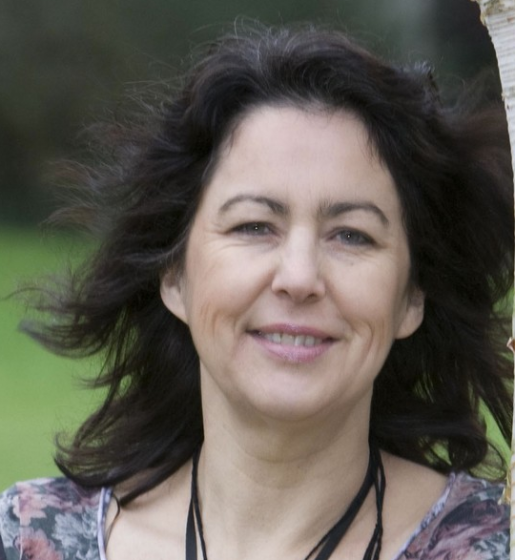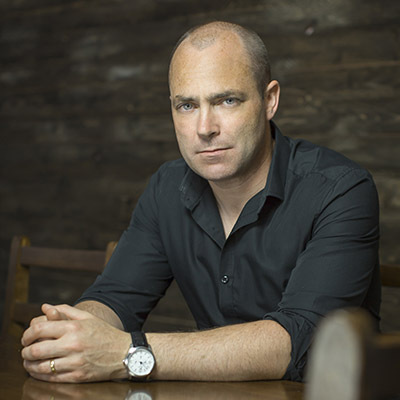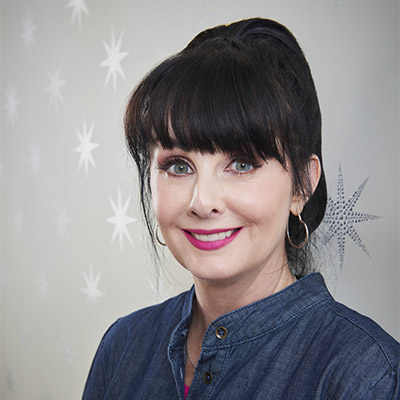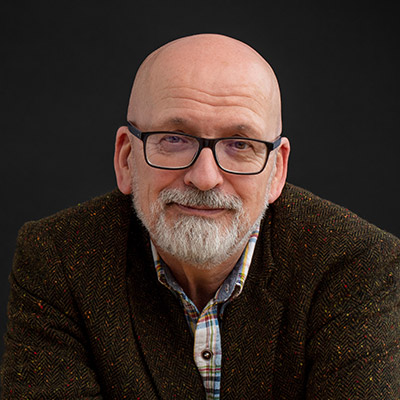
Fresh Pages, New Stories
The 2023/24 Creative Writing Competition Supported by the All Ireland Scholarships
Creative Writing Competition 2024 – Alumni

Is this competition open to anyone?
If you are over 18 and a resident on the island of Ireland or hold an Irish passport, then you are eligible to enter this competition. This competition is open to the public, you do not have to be an AIS Alumnus.
Do I have to be an experienced writer to enter?
Not at all! While experienced writers are welcome to apply, we are actively seeking submissions from new voices and new storytellers too. Many of our previous winners have been first-time creative writers, so don’t worry if you haven’t got a track record as a writer yet. We’re looking forward to reading your work.
How do I submit an entry?
Please note, entry deadline has now passed.
What format should my submission be?
Submissions must be in word.doc or .docx file attachments. Remember that you must keep your word limit to a maximum of 2000 (not including title). Entries that exceed that maximum will be disqualified.
Should my entry have a title?
Yes, all submissions should contain a title (note this title will not be included in the word count).
Should I include my name on my submission?
Competitor contact details should be contained separately from the submission (i.e., in the body of the email). Since this competition is judged anonymously, the creative writing attachment itself must not contain any identifying information.
Are there other layout requirements?
Submissions should be typed in a standard 12pt font and be double-spaced.
Is there an entry fee?
No. Both categories of this competition are free to enter.
Can I submit more than one entry?
Yes, you can submit up to a maximum of two entries in the same category i.e. Category 1 (Alumni) or Category 2 (Public).
Do I retain copyright of my work?
Yes, all entrants retain long-term copyright to their work. (If your story is placed first, second, third or is highly commended in the competition, we ask for one-time publication rights after which copyright reverts to you.)
Do you accept simultaneous submissions (i.e., can your written submissions be under consideration for publication/competitions elsewhere?)
Yes, we are happy to accept simultaneous submissions, but we ask that you notify us immediately should your entry be successful elsewhere so that it can then be withdrawn from this competition.
Can I submit something that has already won a prize or been published elsewhere?
No, please do not submit work that has previously been successful in another contest or published elsewhere.
What themes or topics or stories are the judges looking for?
We welcome original creative writing stories, non-fiction or op-ed/opinion pieces on any subject, genre or theme. However, please be advised that content that we consider discriminatory or gratuitously offensive will be disregarded in its entirety. Judges’ decision is final.
Is there any other advice available before I enter?
Yes! Writer and competition judge, Prof Donal Ryan, and competition chair, Prof Sarah Moore Fitzgerald will be hosting an online writing workshop on Saturday December 9th from 10am-12noon. We’ll share some general insights on writing, clarify the different competition categories, explain the three forms of writing we’re looking for, and give you the courage you need to submit a piece of your writing! This workshop is fun, engaging and informative, and anyone who’s considering entering the competition is advised to attend if they can.
When can I enter?
Competition opens Monday 13th November, 2023.
When is the entry deadline?
January 15th, 2024.
What is the entry timeline?
• Jan 15th - Feb 15th: Entries are screened, read and assessed, and shortlist is identified.
• Mid-Feb: Shortlist sent to judges.
• Feb - March: Judging process for overall winners begins.
• Late March: Winners and runners up are announced and prizes awarded.
Will you send feedback on my submission?
No, unfortunately we cannot provide feedback to entries thatare not shortlisted. Shortlisted pieces will receive direct feedback and commentary from the chair. The decisions of the judges will be final and no correspondence will be entered into relating to this final decision.
What’s the difference between fiction, creative non-fiction and op-ed?
Fiction:
A fictional short story can about anything at all, created from your imagination. For inspiration, have a look at the short stories/collections of any of these Irish writers: Donal Ryan; Joseph O’Connor; Louise Kennedy; Madeleine D’Arcy; Wendy Erskine; Nicole Flattery; Kevin Barry, Nuala O’Connor.
Creative non-fiction:
While creative non-fiction should have a strong story arc, it is based clearly on real events. It could include memoir, biography, a moment in time; travel; a figure or moment in history. For good examples of excellent non-fiction have a listen to: any of the memoir-based pieces from RTE’s Sunday miscellany, read Emilie Pine’s award-winning ‘Notes to Self’, Kerry Ni Dochartaigh’s ‘Thin Places’ or chapters from memoirs that you admire. Like fiction, non-fiction can be written in any style and can be funny, sad, insightful, strange. Your non-fiction piece should be well structured and have just as satisfying sense of story as a fictional short story.
Op-Ed/opinion piece:
Op-ed generally involves some analysis and exploration of real-life or world events and opinion should also be backed up by evidence. While requiring research and an informed backdrop, your writing should also be fresh and original – condensed through the lens of your own point of view. That point of view can be political, philosophical or reflective. For inspiration, check out some of our favourite op-ed writers in Ireland such as Olivia O’Leary, Maeve Higgins, Justine McCarthy, David McWilliams, Alison O’Connor.
-In the event of an insufficient response and/or low numbers of competition entries, the All Ireland Scholarships Association competition team reserves the right not to award a prize or prizes once the specified time frame is complete.
-Entrants must be over 18 and reside on the Island of Ireland or hold an Irish passport.
-The judges’ decision will be final and they will have absolute discretion with regard to the number of awards in each category.
-No correspondence will be entered into with any entrants in relation to the award decisions.
-The competition screening, shortlisting and selection process will be overseen by the competition team and by a trustee of the Scholarships Association.
-Membership of the judging panel, prize money amounts, categories, competition time frames and deadlines may be subject to change.
-Shortlisted and / or winning entries may be subject to media and other forms of publication. By entering the competition, you agree to this.

Professor Sarah Moore Fitzgerald is an award-winning teacher, academic and novelist. She was UL’s first Dean of Teaching and Learning and is now part of their creative writing team and founder and director of UL’s Creative Writing Winter School. From 2013 to 2018 she was Ireland’s inaugural chair of the National Forum for the Enhancement of Teaching and Learning in Higher Education.
A lifelong creative writer, she’s the author of seven novels for children and young adults and her fiction has been shortlisted for many literary prizes including the Irish Book Awards, The Waterstones Prize and CBI book of the year. Her work has been translated into eighteen languages and adapted for the stage in London and Edinburgh. Sarah is 2023’s winner of the London Magazine Short Story Award. Among her outreach work, she’s currently working with Children’s Books Ireland on a project entitled ‘Every Child A Reader.’

Donal Ryan, from Nenagh, Co. Tipperary, is the author of six novels and a short story collection. He has won several awards for his fiction, including the European Union Prize for Literature, the Guardian First Book Award, four Irish Book Awards, and has been shortlisted for several more, including the Costa Book Award and the Dublin International Literary Award. He was nominated for the Booker Prize in 2013 for his debut novel, The Spinning Heart, and again in 2018, for his fourth novel, From A Low and Quiet Sea.
In 2021 he became the first Irish writer to be awarded the Jean Monnet Prize for European Literature. His work has been adapted for stage and screen and translated into over twenty languages. His seventh book, The Queen of Dirt Island, was published by Doubleday in August 2022 and was an instant number one bestseller. A law graduate and former civil servant, Donal has lectured in Creative Writing at the University of Limerick since 2014.

Marian Keyes is the multimillion copy, internationally bestselling author of some of the most widely loved, genre-defying novels of the past thirty years – including Rachel’s Holiday, The Break and Grown Ups. Readers are irresistibly drawn by her warmth and wit, fearless honesty, relatable characters and relationships, and sheer storytelling magic. Not only has Marian inspired and entertained countless readers, but also the next generation of writers too.
Both critically acclaimed and commercially unstoppable, Marian’s fifteenth novel Again, Rachel – the sequel to the groundbreaking Rachel’s Holiday – was an instant Sunday Times and No. 1 bestseller. In 2022, Marian was named the British Book Awards Author of the Year.

Roddy Doyle is an internationally acclaimed and Booker Prize-winning novelist, dramatist and screenwriter. He is one of Ireland's most prolific and best-loved writers, and creator of some of our most unforgettable fictional characters.
He is the author of eleven novels for adults, eight books for children, seven plays and screenplays, and dozens of short stories. Several of his books have been made into films, beginning with The Commitments in 1991. Doyle's work is set primarily in Ireland, especially working-class Dublin, and is notable for its heavy use of dialogue written in slang and Irish English dialect.